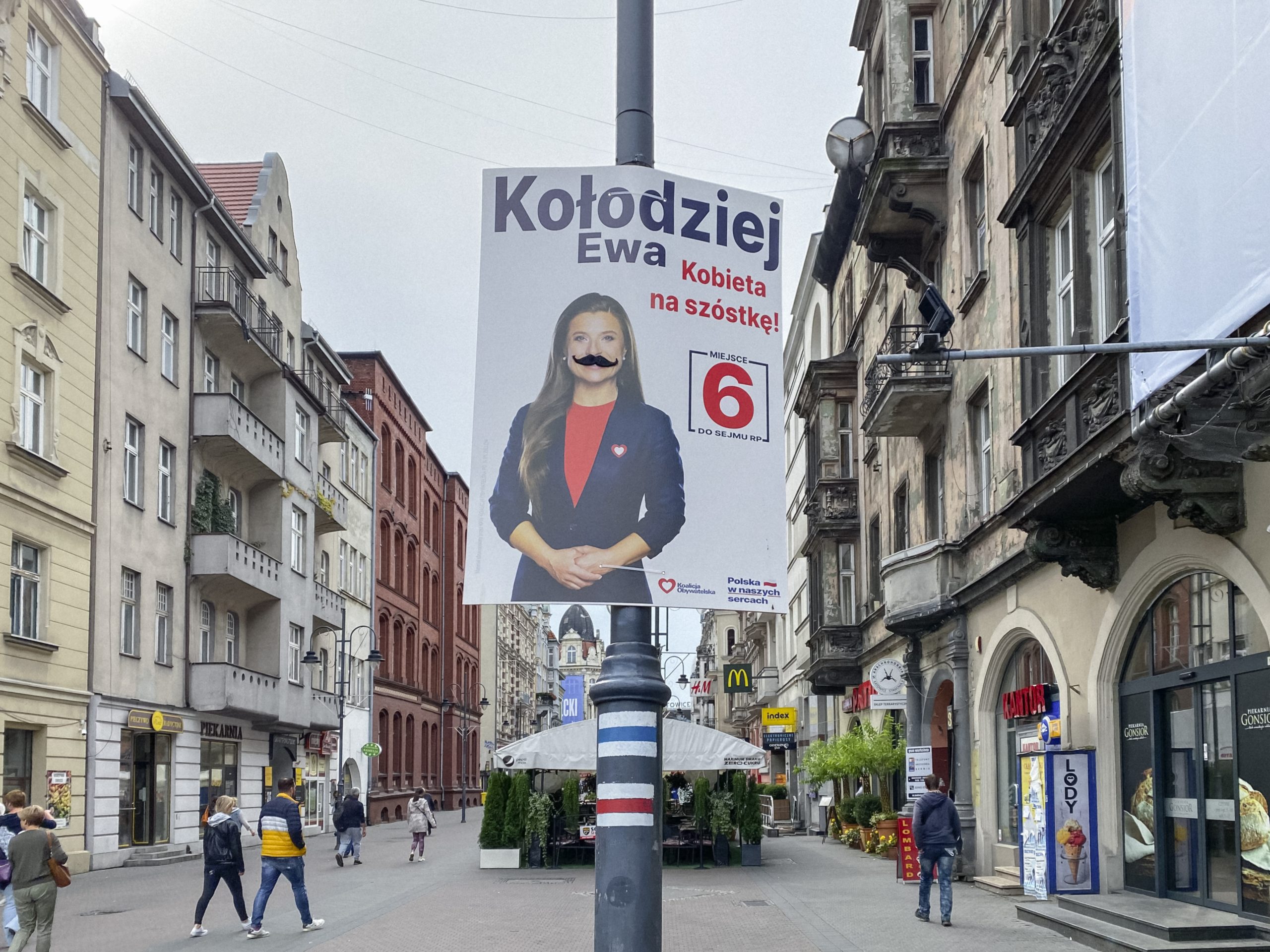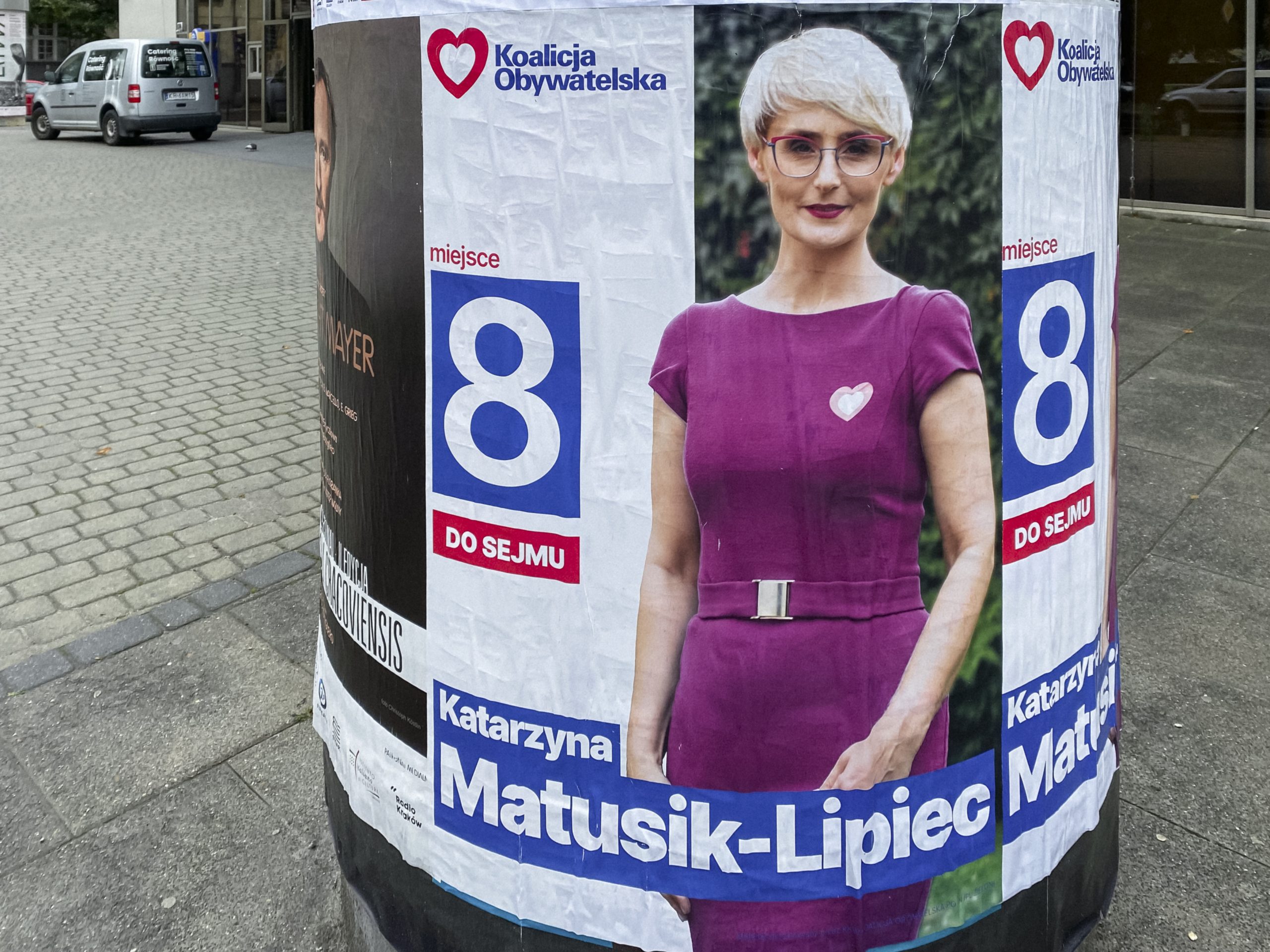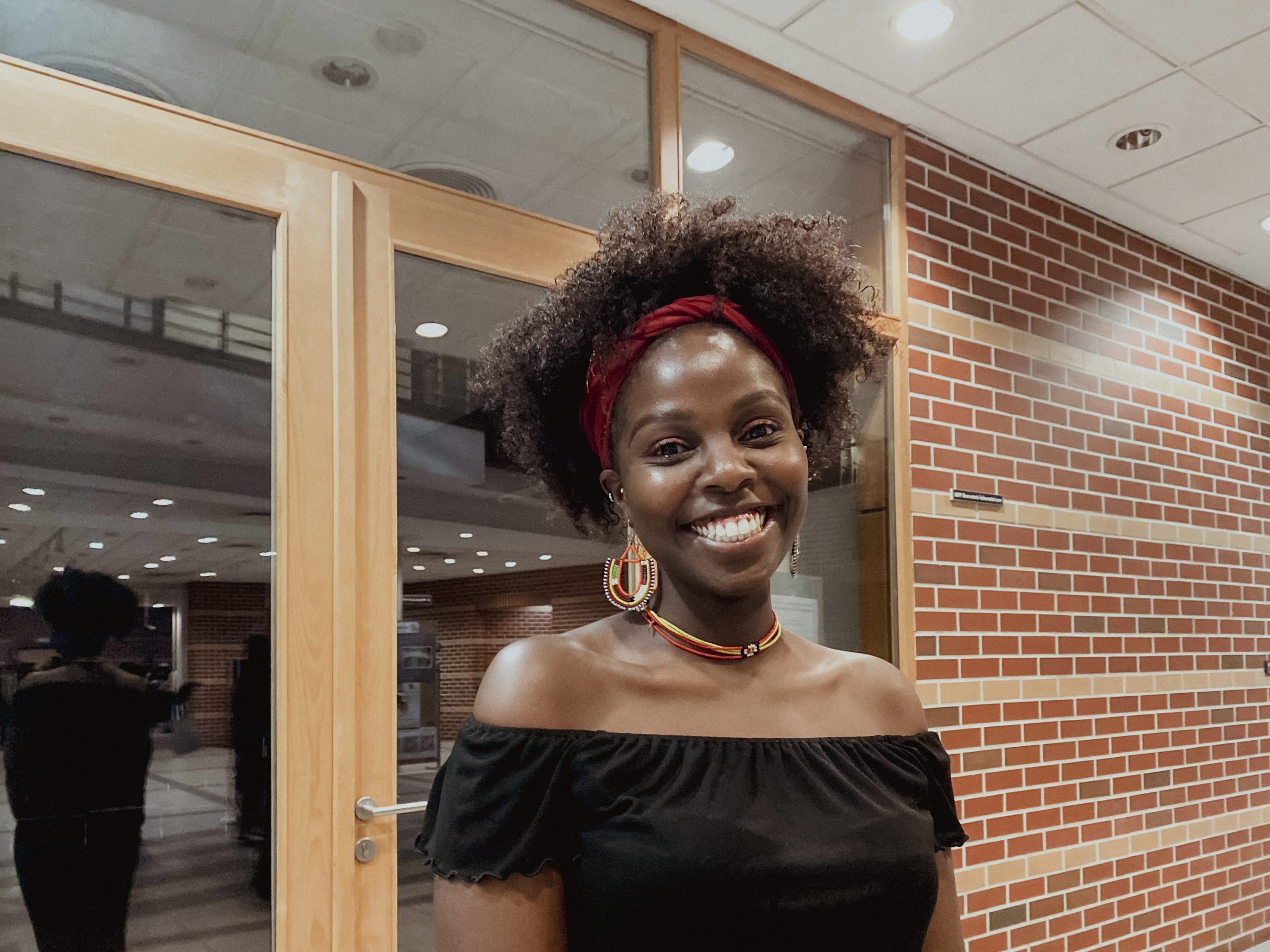
Roots of Representation
Text and photos by Pauline Ang’ang’o
“Roots of Representation” is a captivating photo voice campaign that delves into the untold stories and silent struggles of those who leave home. Through powerful imagery and personal narratives, this campaign shines a spotlight on the often-overlooked journey of adaptation, resilience, and identity formation experienced by women as they navigate their new homes.
Moving to a new country is a journey filled with excitement, challenges, and countless adjustments. One of the silent struggles many of us face is how to care for our hair in a new environment—finding the right products, stylists, and techniques to ensure our hair adapts to its new surroundings.
This silent struggle resonates deeply with me. When I moved to Hungary, I found myself faced with the challenge of learning to care for my own hair. I taught myself new techniques, and in the process, I found a sense of community as I helped my friends navigate their own haircare journeys.

In “Roots of Representation,” I explore the intimate and complex relationship between haircare and identity among women. Through a series of captivating photographs, I highlight the personal stories and experiences of these women as they navigate their new lives. From finding the right products to mastering new techniques, every strand of hair tells a story of resilience, adaptation, and cultural integration.
Through this campaign, I aim to amplify the voices of women and shine a spotlight on their unique experiences. By sharing their stories and struggles, we can challenge stereotypes, break down barriers, and foster greater understanding and empathy within our communities.
The women in these photographs share a common thread—the necessity to adapt their haircare routines—a deeply personal and culturally significant practice. The products and specialists they relied on in their home countries are no longer accessible, compelling them to improvise with what’s available and adapt to new environments. This adaptation is more than just practical; it’s symbolic of their broader experiences of integrating into and shaping new communities.
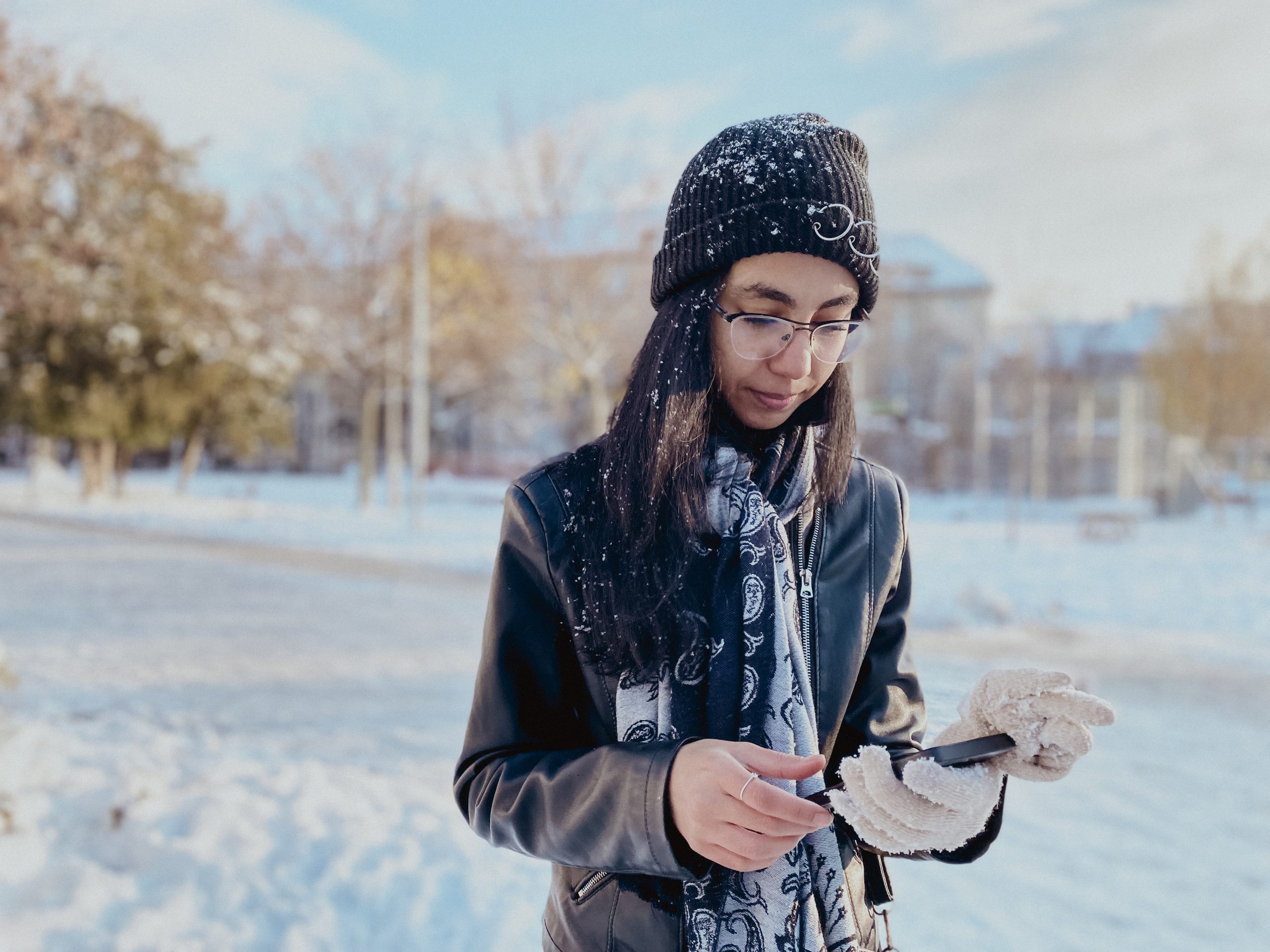
For black women, the challenges around hair are layered with societal expectations that equate a ‘bad hair day’ with being unkempt, whereas for others, it might simply pass as a minor nuisance. There’s an implicit pressure to conform—to make their hair less ‘distracting’ or ‘attractive’—a subtle yet pervasive form of cultural assimilation.
You will see a photo of my best friend, captured in a café and during our travels—her hair looking powerful, mighty, and full. Another photo features a woman with an afro at a Kenyan gathering in Hungary, symbolizing both her heritage and her present journey. There’s also an image of a woman at the same gathering, engaged in the simple act of wiping down a table, her presence and action grounding us in the reality of everyday life. This image also symbolizes the service we bring to our new communities, the everyday tasks that are often overlooked but are essential to the functioning of our societies.
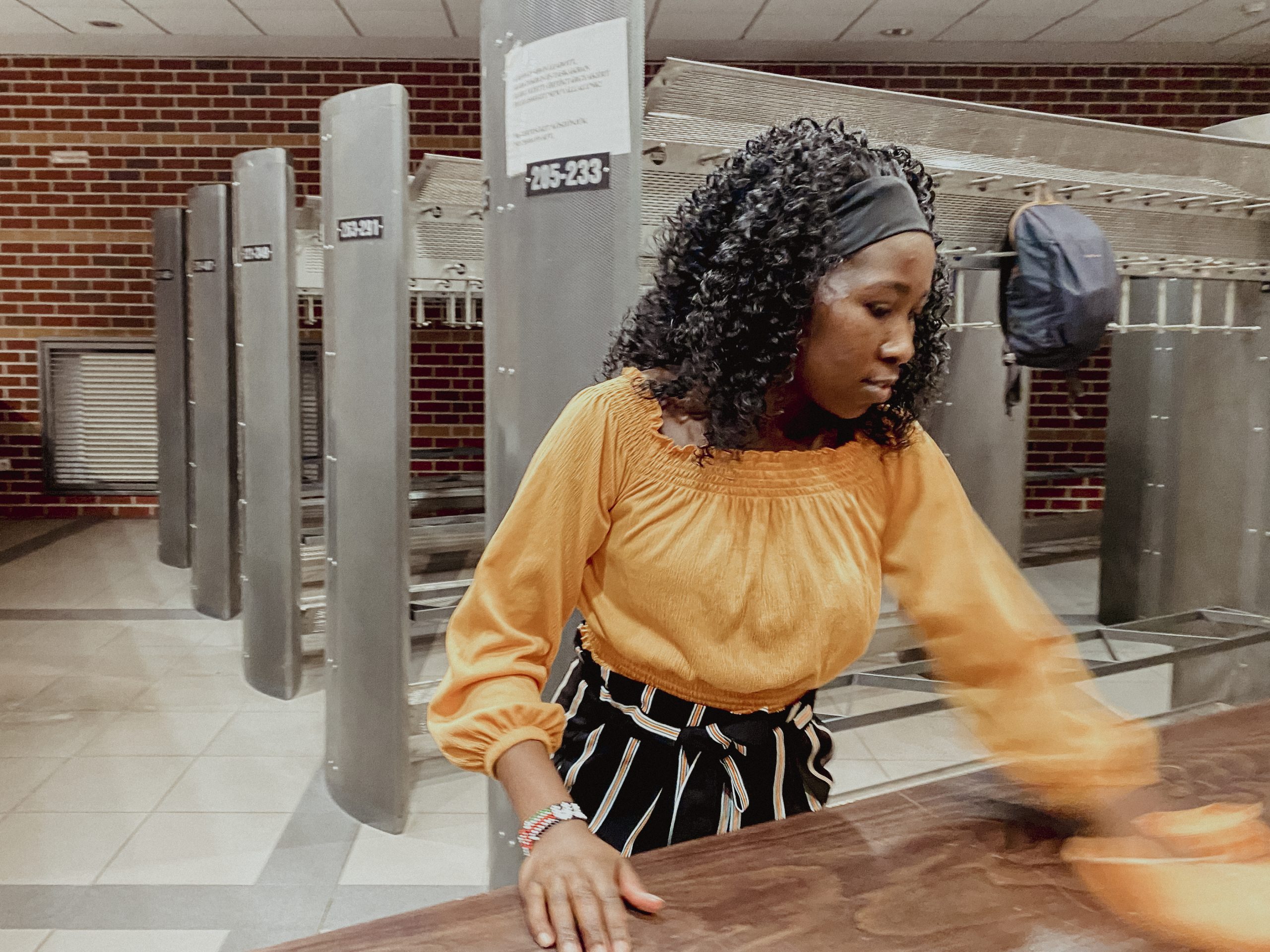
In contrast, my project also includes photographs of a political poster from Poland, where a female political candidate’s image was defaced—a moustache drawn over her face. This act of vandalism is a visual representation of the disrespect and challenges women face in the political arena, mirroring the struggles of the women in our photographs.
Through these images, we are invited to reflect on the importance of representation—not just culturally or socially, but politically. Each photograph, each woman’s story, underscores the urgent need for a European Union that embraces all its residents as full participants. We are reminded that hair is a source of strength and identity, a personal testament to the roots that connect us to our past and the growth we strive towards in our future.
